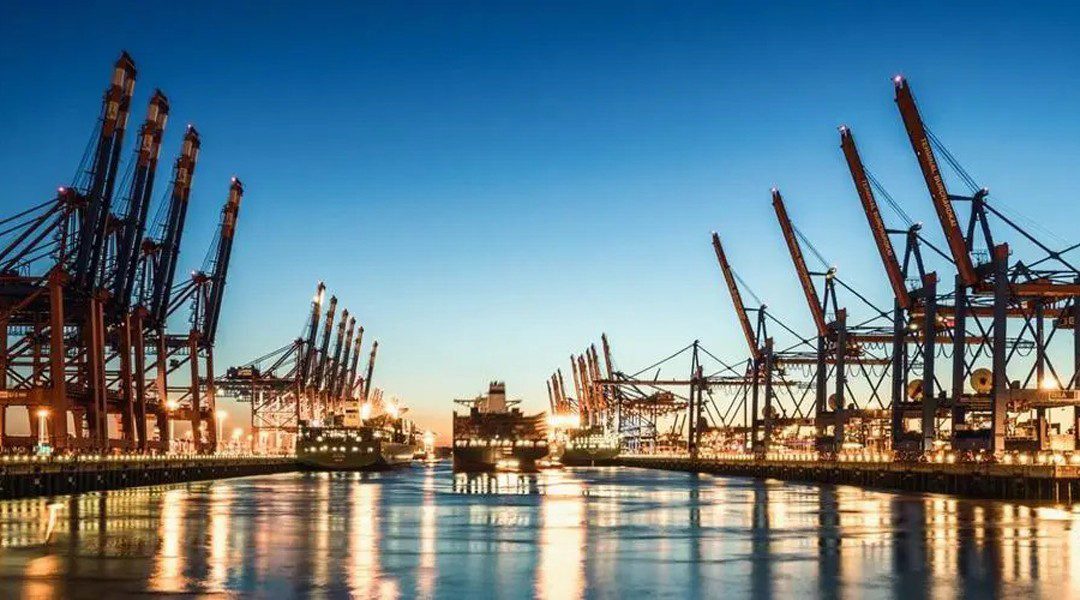Here are 7 key benefits data-driven decision-making can bring maritime organisations:
1. Connecting the dots
Data needs to be integrated and shared across the entire vessel ecosystem – from the engine room to the bridge, to the board room, from ship to shore and across the supply chain. Combining a range of data points into one platform that provides transparency and insights across the whole ecosystem is essential during a period of growing complexity for maritime.
2. Compliance
Regulation is constantly changing within the maritime industry. The incoming EEXI and CII regulations will trigger a huge wave of change in the maritime industry, with a vessel’s CII rating potentially becoming a “licence to trade”. Organisations will need to make quick, well-informed decisions that can cost-effectively improve their CII rating to ensure compliance and keep operations running.
3. Transparency
Shipping has become more integrated into the global supply chain. Data transparency and awareness of what data is being collected, its quality, source and where it is stored is therefore invaluable. This ensures the right information is being shared to make the supply chain run as smoothly as possible.
4. Accountability
Reporting on ESG performance has rapidly become a key priority for maritime companies, which is linked to protection of the environment, crew welfare, and accidents or pollution incidents. Being able to draw meaningful insights from data and use those to inform decision making is therefore critical to ensuring shipping organisations score well.
5. Act quickly
No two days are ever the same at sea. Priorities change rapidly, so it’s critical that ship owners, operators and managers can make fast, well-informed decisions. Unlike manual processes, data remains responsive to change and enables crew to take swift, well-informed action. Vessel priorities are easier to alter in near-real time, from getting to port on time or reducing fuel consumption.
6. Feedback loops
As shipping becomes more equipped at handling and analysing data and feeding it into platforms, staff will become more skilled at asking the right questions in the right way. From this, platforms’ recommendations will improve, creating a feedback loop. Both platforms and users will become smarter and defter at tackling the key challenges on each vessel.
7. Commerciality
Shipping is a competitive market, and organisations need to maximise efficiency to ensure the highest possible profit margin. Today’s software algorithms can analyse data to make cost saving recommendations that staff can use to drive efficiencies. In the case of fuel, which is the single largest cost for ship operation, software platforms can free up money to reinvest elsewhere in decarbonisation or other strategic goals.






